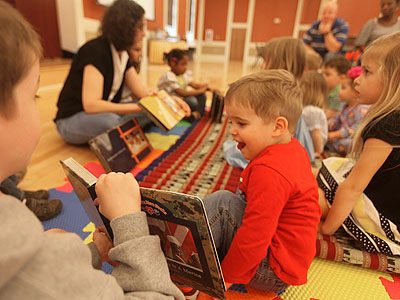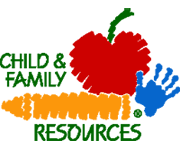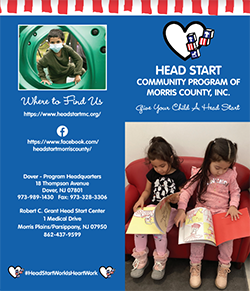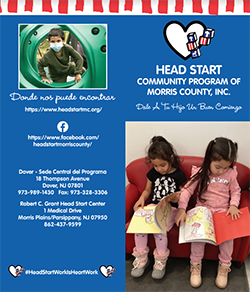Child Care settings vary in terms of educational philosophy, curriculum, costs, hours of operation, and services offered. Once you have explored your child care options, we encourage you to visit as many programs as possible and observe. There are many things to consider in making your choice.
Licensed-Exempt Provider
Programs operated by the local public-school districts, which are responsible for the implementation and management
Private schools which are solely run for educational purposes offering elementary education in grades kindergarten through, 6th, 7th or 8th and their kindergarten, pre-kindergarten or a child care center are an integral part of the private educational institution or system.
Licensed Child Care Center
This facility is approved by the state Office of Licensing (OOL) for the care, development and supervision of six or more children under 13 years of age who are in care for less than 24 hours a day. Child care centers often group children by age and are generally operated out of commercial buildings. Centers that are accredited by a national association are programs that have been recognized as high-quality programs. Centers participating in Grow NJ Kids, NJ's Quality Rating and Improvement System, are programs participating in quality activities to continuously improve their program to meet higher quality standards beyond licensing standards.
Types of licensed programs include:
- School Age Child Care Programs are licensed to care for children who are enrolled in public or private school when classes are not in session. Different options for school-age care exist in the community. Local schools may provide care during the before- and after-school hours and may contract with an outside provider such as the YMCA or Boys and Girls Club to offer this type of care.Some family child care providers and child care centers also offer school-age care. Other programs, such as parks and recreation departments, community-based programs, and churches may offer this type of care as well.
- Consider location and transportation needs, as you may be responsible for making transportation arrangements.
- Nursery Schools are child care programs that operate less than a full day, typically two to three hours during the morning or public-school hours. Most nursery schools serve children between the ages of two & a half and five years old. Children may be required to be toilet self-sufficient to attend.
- Preschool Programs are typically offered for children ages 3-5 years old. They may be offered through a school district, faith-based organization, non-profit organization, and child care centers.
Families choose child care centers for different reasons:
Child care centers have a classroom-like environment where children are cared for in groups of other children typically their same age.
- Child care centers have more adults present in the building.
- Child care centers offer a variety of activities and opportunities for children.
Registered Family Child Care Provider
Families choose family child care providers for different reasons:
- The home-like environment is appealing to many families.
- Family child care providers care for fewer children at one time.
- Siblings can be together because most family child care homes have different ages of children enrolled.
- There are fewer adults that may care for your child on a daily basis.
- Family child care homes may be more flexible with their hours of operation compared to other types of care.
Family, Friend, Neighbor Provider
Families may choose this type of care for several reasons:
- Family, friend, and neighbor care providers are someone you feel comfortable with and trust.
- There may be more flexibility in hours and transportation with a family, friend, or neighbor provider.
- This type of care often is the least expensive.
Live-in and Live-out Nannies provide care in the child’s home. Nannies are not individually regulated by the State of New Jersey. Parents can utilize placement agencies for referrals. If you employ someone for more than 20 hours a week, you are required to pay them minimum wage in New Jersey. In this situation, you are considered an employer and should contact the New Jersey Department of Labor & Workforce Development and the IRS to obtain a complete understanding of your obligations.
Youth Camps
In-Home

Early Learning Programs for Young Children
HEAD START
Early Head Start
Provides comprehensive early childhood development programs serving low-income pregnant women and children from ages birth to 3 and their families.
Head Start | ECLKC
Promotes the school readiness of young children through agencies in their local community for low-income families and children ages 3 to 5.
State Pre-K (Preschool Expansion)
Free preschool early learning and education programs for 3- and 4-year-olds are available in 25 school districts. For more information about enrollment in these programs, families must contact the participating school district. CLICK HERE to obtain more information.
Special Services School Districts
These districts provide options for preschool students with special needs and were developed to address the educational and developmental needs of children ages 3 to 5.
Licensed Preschool Programs
Licensed early learning preschool programs provide early childhood education and care for children ages 6 weeks to 5 years.
Additional Support Services and Resources available can be found on our Useful Resources page.


